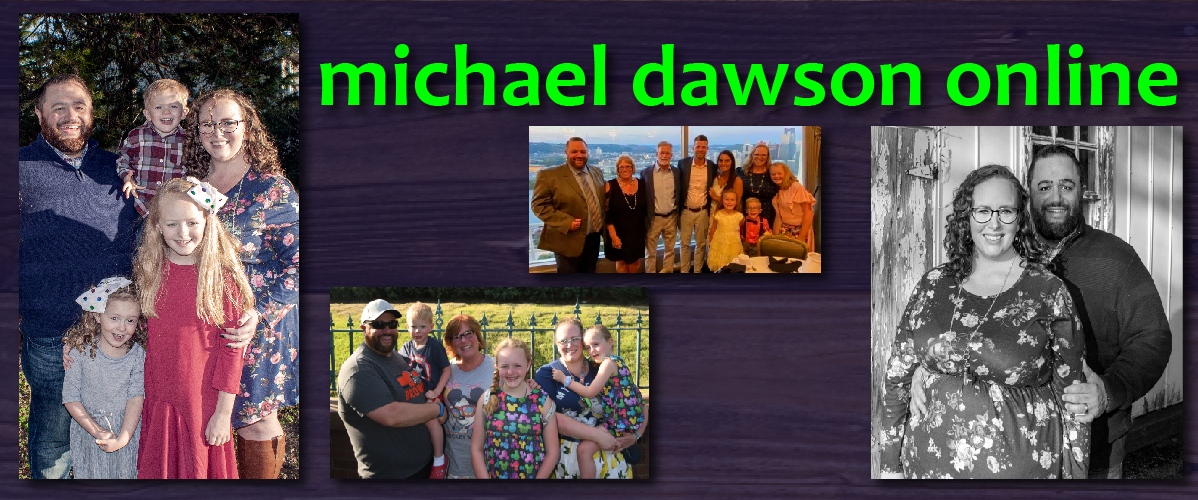Below are my thoughts from the daily
Bible reading of the West Side Church of Christ. Before reading I invite you to
pray and asked God to speak to you as you read his word. Also above in the tabs
is a link to the Bible reading plan.
What Does this Passage Say?
- After Jesus is baptized by John He heads alone out into the wilderness to spend forty days and night fasting and praying. Jesus baptism marks the beginning of His ministry. But before He can do ministry He must first test His strength. Like Israel before entering the promise land, Jesus spends forty days confirming His ability to stand against Satan. If He can stand against Satan and his temptation, then nothing will overcome Him as He carries out the mission He was born for.
- Satan temps Jesus three different ways. Temptation #1 is the Lust of the Flesh. Temptation #2 is boastful pride of Life. Temptation #3 is the Lust of the Eyes. Jesus overcomes all three of these temptations by quoting scripture.
- When Jesus proves He is stronger than Satan He is ready to begin His public ministry. John has been arrested, and Jesus knows His mission is similar so He leaves the hotbed of Judea and heads home to Galilee where Nazareth, Jesus hometown, is located. It is here He bounces around the region to various towns. Again Matthew reminds his Jewish audience that Jesus is fulfilling prophecy. Jesus message is similar to John’s. It too is a message of repentance.
- Jesus knows that His time on earth will be limited. He must leave His mission and message in trustworthy hands. He does so by calling disciples. The first disciples He calls are fishermen. Jesus uses a neat play on words and tells them He will make them fishers of men. After calling Andrew and Peter He finds more fishermen, James and John, and calls them too. The first four disciples have been selected.
- Jesus ministry is not the ordinary ministry of other Rabbis. Jesus certainly teaches, but he also preforms miracles, healing disease and illnesses, casting out demons, and healing the paralyzed. This drove crowds to Jesus from all over the Jewish territories. Jesus was a popular man.
- This chapter gives us some insight into the early days of Jesus’ ministry. Jesus stood strong against the temptations of Satan giving Him a firm foundation to stand against the struggles that the role of Messiah would give Him.
- The early days of any mission are often faced with both ups and downs. Jesus left Judea because of the pressure His relative John was facing. Back home He experienced the glory of the mission … calling disciples and attracting crowds.
- When you face temptation how do you respond? Do you give in to it believing you do not have the strength to stand strong? Do you walk away, but in your mind long for the temptation? Do you stand strong? If so how do you do it? Jesus was tempted in ways you and I are tempted … lust of the flesh, boastful pride, and lust of the eyes. Each temptation Jesus fought with Old Testament scripture. We would be wise to learn from Jesus. The first step to living that out is committing to memory the Word of God. Maybe a good action step for you is to make it a habit to learn one new verse each week. If you do so, at the end of the year you would know fifty-two more verses then you did last year and your arsenal of defense would be a little more loaded
